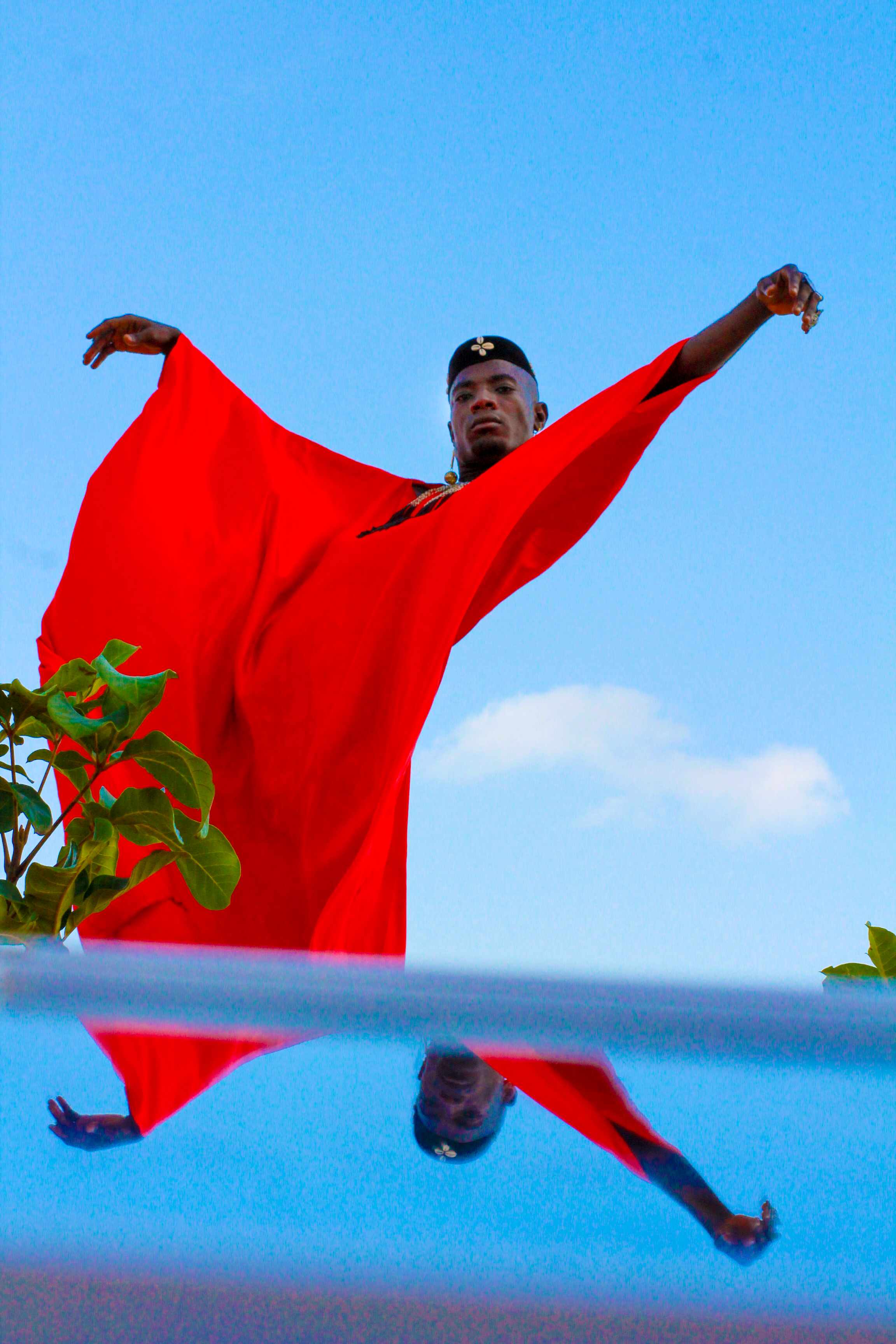Will Ghanaian President Nana Akufo-Addo sign a law passed by parliament that will make life hell for LGBTQI+ people? The president seems to be in doubt. Sixteen Ghanaian civil society organisations are calling on him to show courage and refuse to sign the bill. Ghanaian academics are also speaking out. The country’s new anti-homosexuality bill “violates everyone's rights, not just LGBTQI+ people,” writes law professor Kwadwo Appiagyei-Atua in this edition of ZAM.
We rightly look at Ghana but there is another story to tell. In Tanzania the campaign against LGBTIQ+ people was reopened a few years back and continues almost unchecked until today. First, an official survey revealed the names of people standing up for equal rights. On this list was someone who sold toothpaste in rainbow colours, allegedly “to incite female hormones in men,” MinorityAfrica's Mzizi Dawa reported. The laughter died down when the ruling party's women's league called for the castration of gay people. Incidents of social exclusion, assault, and even murder have been following one other at a frightening pace. The judiciary, however, seems to focus exclusively on persecuting alleged LGBTQI+ people.
In countries like Ghana and Tanzania, but also Uganda and Nigeria, it is hunting season for sexual minorities.
However, in six African countries – Angola, Botswana, Mozambique, Lesotho, Seychelles, and Mauritius – homosexuality has actually been decriminalised in the past decade. In southern Africa, 9 out of 15 countries have now freed themselves from colonial anti-gay laws.
It's of no use to you if you live in Ghana or Tanzania – but the realisation that some who once strongly doubted the possible success of their activism have now liberated themselves may offer some comfort.


